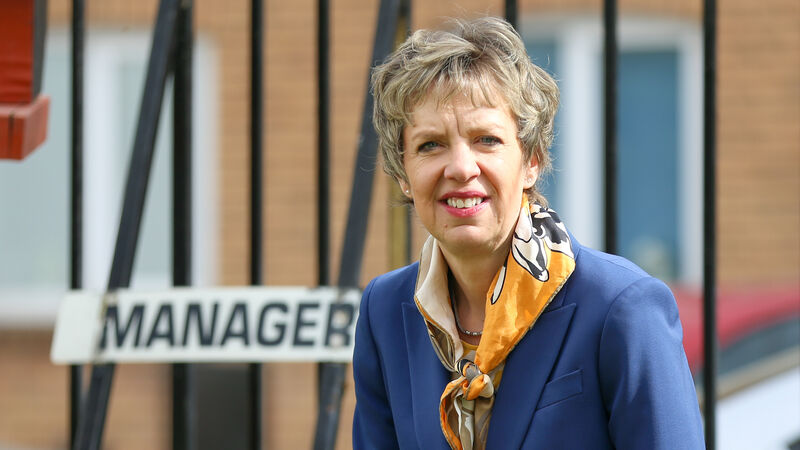Paul Hosford: Labour has a new leader — now what?

Ivana Bacik after being elected the 14th leader of the Labour Party at an event in Ringsend and Irishtown Community Centre in Dublin on Thursday.
So, the Labour Party has a new leader.
Now what?
Try from €1.50 / week
SUBSCRIBESo, the Labour Party has a new leader.
Now what?
Already a subscriber? Sign in
You have reached your article limit.
Annual €130 €80
Best value
Monthly €12€6 / month
Introductory offers for new customers. Annual billed once for first year. Renews at €130. Monthly initial discount (first 3 months) billed monthly, then €12 a month. Ts&Cs apply.
CONNECT WITH US TODAY
Be the first to know the latest news and updates
Newsletter
From the corridors of power to your inbox ... sign up for your essential weekly political briefing.

Select your favourite newsletters and get the best of Irish Examiner delivered to your inbox
Friday, February 13, 2026 - 10:00 PM
Friday, February 13, 2026 - 9:00 PM
Friday, February 13, 2026 - 10:00 PM
© Examiner Echo Group Limited